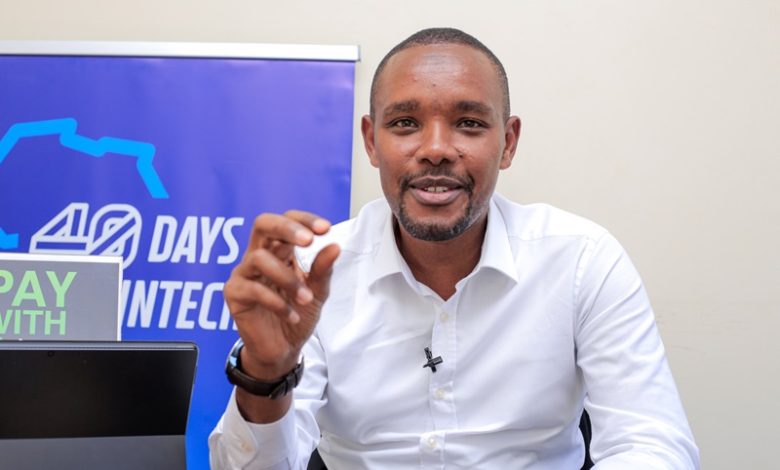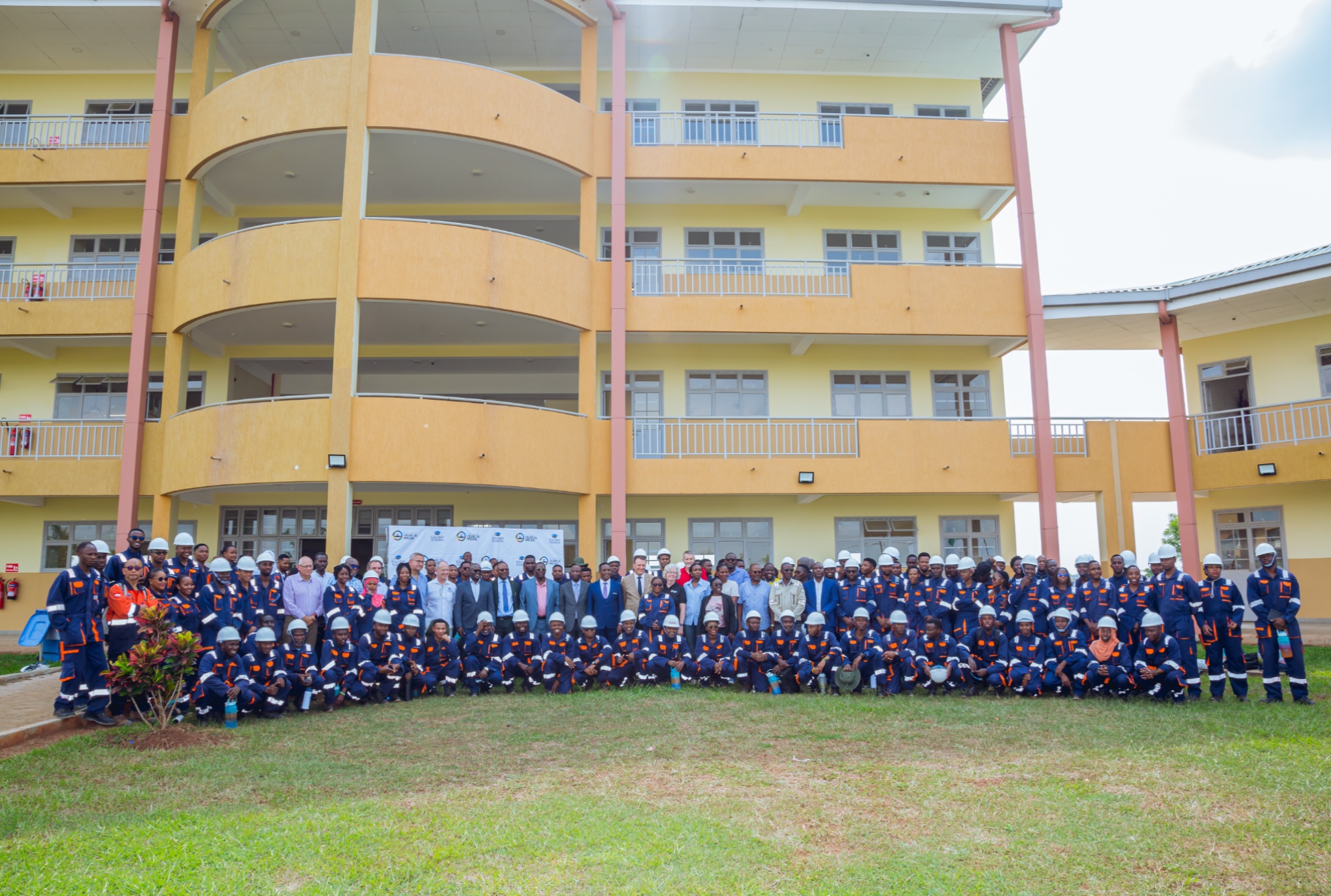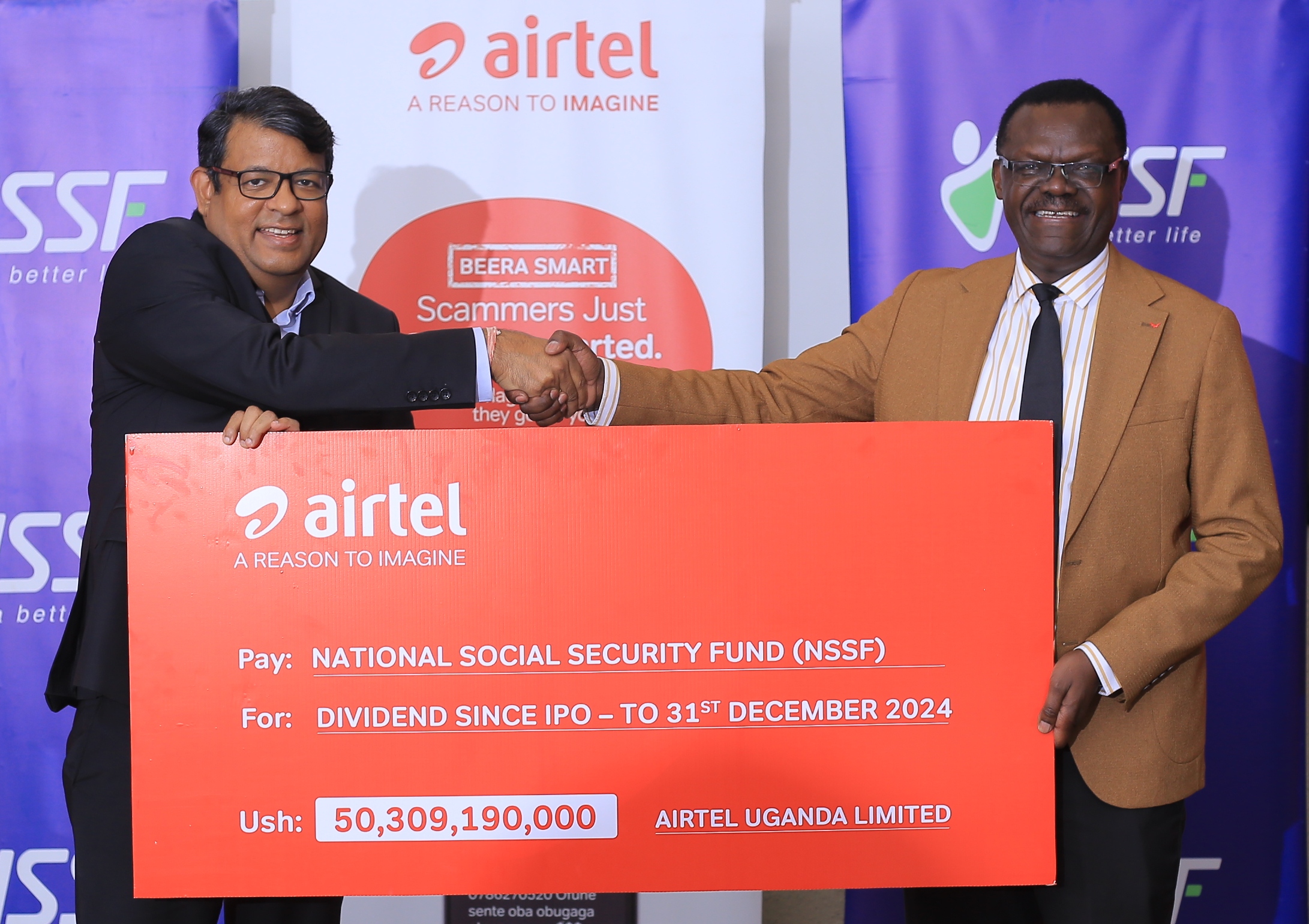Cellulant Is Processing Digital Payments Worth Billions Of Dollars Per Year Across Africa
“What we can do to make the industry better is appreciating that we can win together. We need to collaborate. Not one person can do everything…we can connect and integrate and take our uniform solution to a business,” he says.

In 2001, two young African men from opposite ends of the continent sat across each other at a dinner table and had a discussion over a cup of coffee. So intense was the conversation that problem-solving models were created on a serviette that would fuel the establishment and growth of a multinational African firm forever changing the payments landscape.
They called the business “Cellulant”, paying homage to the growing mobile phone penetration in Africa, but also symbolizing the importance of a Cell, the smallest structural and functional unit of life that when combined with other Cells, builds a whole being.
Two decades later, Cellulant is arguably the leading Pan African payments company providing locally relevant and alternative payment methods for global, regional, and local merchants.
According to Moses Abindabizemu, the Cellulant Group chief marketing officer, this success is attributed to the provision of solutions that are customized to the local needs of specific societies in over 35 African countries.
“For example, we provide integration through cards, banks, and Mobile Money which gives us access to over 220 million clients across Africa. We have over 300 large enterprise customers and over 2,000 SMEs,” he says.
Abindabizemu says their niche is through availing a single Application Programming Interface (API) payments platform that enables businesses collect payments online and offline while allowing anyone to pay from their mobile money, local and international cards or directly from their bank.
As a result, Cellulant facilitates more than 300 million transactions per year with volumes in billions of dollars.
“Our growth rate is about 80 percent year on year. We can only continue to grow. We want to offer solutions to retail businesses in Uganda. By the end of 2022, we will be processing over 500 million transactions per year with a volume of turnover of 30 billion dollars,” he says.
To give this success some perspective, Cellulant boasts an 80 percent market share of providing payment solutions for all airlines in Africa including Emirates, Kenya Airways, Jumbojet, Ethiopian Airlines, among others. They also provide solutions for the likes of Jumia, Kiku, MultiChoice, StarTimes, Zuku, National Water, Umeme, among others.
Helping startups.
Abindabizemu says that many African FinTech startups are curtailed by a lack of sufficient funding, thus the inability to set up the correct infrastructure for business sustainability.
“When you are a startup, chances are that these service providers (website developers, telecoms, visa cards, banks) don’t know you or you don’t know them. When you come to us, we give you all that at once. You don’t need to know anything in IT… all you need [is a] phone…then we give you a merchant code and you can start transacting…If you develop a website, we give you our APIs and you start…We bridge that gap for them,” he says.
He further notes that one of the reasons small businesses don’t last long is they don’t have a good grasp of financial discipline. Someone may start a shop and probably put the minimum price of commodities at Shs 10,000 but even if the shop attendant sells that commodity at Shs 15,000, they will not declare it because the business is purely run on cash.
That is why Cellulant introduced a payment platform called Tingg, which allows a business owner to monitor everything by digitizing all payments.
“With Tingg, Money goes to your account directly. This creates a track record which can even help you get loans because your business report is well tracked,” he says.
For Abindabizemu, settlement is one of the biggest challenges businesses face in Africa. So, they ensure that payments are made within a day.
“Businesses ask; can I get my money on the same day? Because we work with telecoms, sometimes money may take long to come on a client’s account but we [ensure that] we pay within 24 hours,” he says.
He thus calls upon FinTechs in Africa to embrace collaborations because it can only make them stronger.
“What we can do to make the industry better is appreciating that we can win together. We need to collaborate. Not one person can do everything…we can connect and integrate and take our uniform solution to a business,” he says.
“The other issue is continuous awareness. People need to know that digital payments promote financial discipline because you will only pay for the things that you really need, unlike when you have cash.”
He, however, rates Uganda as amazing with opportunity for FinTech, where digitization is still below 20 per cent.
“If you are still carrying cash, if you are still walking to a supermarket, if you still walk to the bank to pay fees, etc, then it means there is still an opportunity that can be exploited. There are many unsolved problems in Uganda and people are ready to pay for convenience,” he says.
40 Days 40 FinTechs.
Abindabizemu notes that the 40 Days 40 FinTechs initiative is a powerful platform for African and East African innovators to see their potential.
“Not many people know that solutions exist. This initiative helps people to discover that while they have been struggling with a given problem, there is someone who has a solution,” he says.
Cellulant is the 39th participant in this year’s 40 Days 40 FinTechs initiative that is shining a light on the unique stories about innovations enabling ever more people to join the digital economy space.
The initiative is run under HiPipo in partnership with the Level One Project, Mojaloop, ModusBox, and Crosslake Technologies, with generous support from the Gates Foundation.
According to HiPipo CEO Innocent Kawooya, digital innovators and FinTechs around East Africa have fully embraced Season three which covers physical destinations in Uganda, Kenya, Tanzania, Burundi, and Rwanda.
“We are very happy that FinTechs in the East African region have taken up this opportunity to showcase how they are solving everyday problems and integrating Level One Project principles,” he said.
Kawooya added that this year’s edition has cemented the achievements of the previous editions – where over 60 FinTechs have been transformed – but also built on them to leverage digital financial inclusion in East Africa and beyond.
“As HiPipo, our extensive effort and advocacy is partly for the intention of championing digital innovation and interoperable instant and inclusive payment systems (IIPS) in Africa to a point where our innovators enjoy and achieve sound profit margins to help them keep designing and deploying affordable and inclusive financial services for the poor,” he said.
The #40Days40FinTechs platform is run under HiPipo’s Include Everyone program that also encompasses other initiatives such as FinTech Landscape Exhibition, Women in FinTech Hackathon, Summit & Incubator and the Digital and Financial Inclusion Summit and Digital Impact Awards Africa.
It offers participants useful tools and an introduction to the industry’s emerging technologies, such as Mojaloop Open Source Software, and guidance from Level One Project foundational material. The skills gained from this initiative cover Level One Project Principles, Instant and Inclusive Payment Systems (IIPS), Inclusive Finance and FinTech in general.






